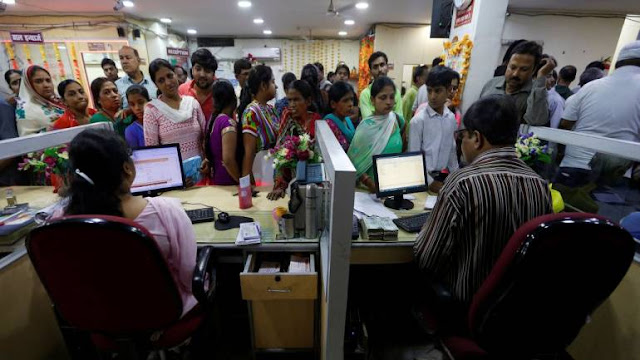11-year data suggests bears control D-Street in September; can bulls defy odds?

The Sensex was down 11 per cent in September 2008, 5.4 per cent in 2018 and dropped by 2.1 per cent in the same month in 2011, data from AceEquity shows. Indian markets remained in a bear grip in August and the trend is unlikely to shift towards the bulls with no big triggers expected in September, say experts. The month of September is off to a muted start, with both the Sensex and the Nifty trading below crucial support levels. The Sensex broke below 37,000 and the Nifty 11,000. Anecdotal evidence suggests that the index has given flat to negative returns in September in six of the last 11 years. The index saw a drop of more than 11 percent in September 2008, followed by 2018 when it slipped 5.4 percent, and in 2011 it dropped by 2.1 percent, data from AceEquity shows. Apart from two tall towers witnessed in 2009 and 2010, the gains in September in the 11-year period have not been that inspiring. The index rallied 10.2 percent in 2010, followed by 10.13 pe...



